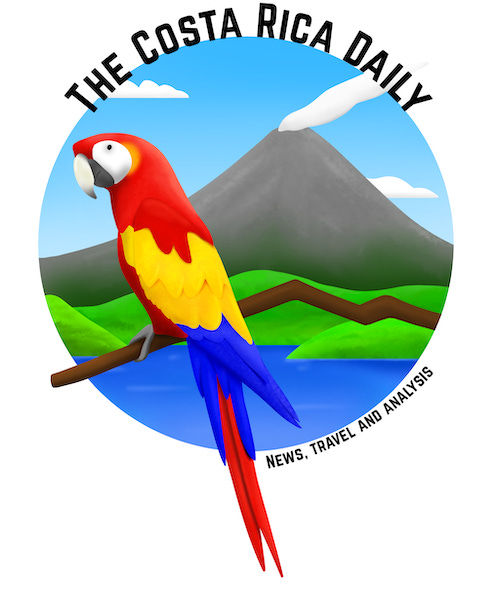Costa Rica has a deal with the IMF. Now what?
This is what happens next after Costa Rica came to terms with the IMF
Costa Rica and the International Monetary Fund (IMF) have reached a technical agreement for a $1.75 billion loan. What does it mean, and what comes next? Let’s dive in.
Why does Costa Rica need this money?
Costa Rica has been spending a growing percentage of its annual revenue on interest payments. Per Fitch Ratings, interest payments reached about 38% of central government revenues in 2020, among the highest in the region.
This isn’t sustainable in the long term. The government has warned that inaction would lead to a debt crisis similar to that of the 1980s, when the value of local currency plummeted and poverty rates skyrocketed.
The IMF loan can “serve as a policy anchor to support fiscal consolidation and free some additional multilateral funding at lower borrowing costs.” In layman’s terms, Costa Rica can pay off its high-interest loans and avoid a catastrophic debt crisis.
Are there string attached?
Money is rarely free, and this is no exception. Without giving specifics, Costa Rican authorities have said the three-year loan has “good interest and term conditions.”
As part of the loan negotiations, Costa Rica has agreed to domestic policy aimed at cleaning up finances and putting the country on more solid economic footing. Those polices — which will include spending cuts and new taxes — are what typically provoke public discontent.
What new laws will Costa Rica pass?
The Executive Branch hasn’t been very forthcoming. Even the Legislative Assembly, the country’s Congress, says it’s not aware of the details.
Generally speaking, the agreed-to measures aim for a fiscal adjustment of 5% of GDP, which would help Costa Rica reach a primary surplus in 2023.
Among likely projects are two that could have a significant impact on our audience:
A tax on luxury homes. Properties valued above ¢150 million (about $250,000) would pay a 0.5% tax.
Taxing global income. Incomes earned outside of Costa Rica could be taxed when that money is brought into Costa Rica. As El Financiero explains, if a pensioner from the United States resides in the country and receives his pension, it could be taxed by Costa Rica — as could other income earned abroad and “repatriated” into Costa Rica.
Update [Jan. 26]: Outlier Legal provides a great breakdown of what this project says, and some of the uncertainties surrounding it. Click here to read that.
These are law projects that must still be debated and passed by the Legislative Assembly. As such, details may change significantly … or they may not pass at all.
What happens now?
While the IMF and Costa Rica have reached a technical agreement, the financial entity’s Executive Board must still approve the deal. That is expected in the coming weeks.
Meanwhile, Costa Rica must begin to pass the agreed-to measures. According to La Nación, they have five months to do so. This will be politically contentious, since the Executive Branch’s political party does not have a majority in the Legislative Assembly.
In addition, widespread protests last year demonstrated how the Costa Rican public may react to new taxes.
The $1.75 billion loan is conditional on Costa Rica upholding its policy obligations. The IMF will review the progress of Costa Rica’s fiscal adjustment program every six months, which (not coincidentally) is the frequency of their payment installments to Costa Rica.
Support The Costa Rica Daily
Do you have an extra $1.75 billion? Click here to order our T-shirt.
The Costa Rica Daily is 100% free — and 100% ad-free. We can only exist with your support:



